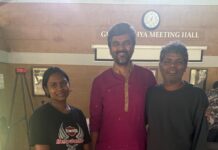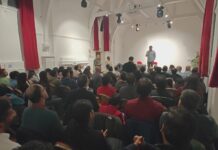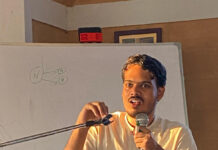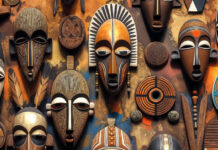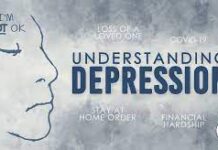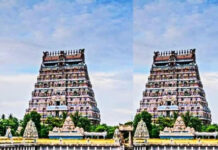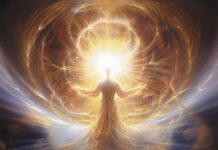
Dear J,
I heard your discussion about the formal religious system for studying Hindu traditional texts. This was something that confused me as well. My father believes that religious texts should be studied formally. I don’t agree with traditional formalities, as those deeply entrenched in rituals lack intellectual depth. They lack grace and compassion, becoming mechanical in their approach. They take pride in being like machines.
Sree
Dear Sree,
I don’t adhere to religious methodologies or formalities in my personal life and learning. This sentiment is reflected in my recent dialogue. There are two ways to approach religious texts – one being the conventional method established by religious institutions. When using the term “samayam” (religion), I am reminded of “samayal” (culinary). I view formal education as merely consuming texts. Some individuals are unable to move beyond the mundane aspects of life to engage in intellectual pursuits. The conventional religious path aids them to some extent. While I do not appreciate these methods, I do not oppose them either – unless they promote caste or religious superiority and take an anti-humanitarian stance.
What I define as spiritual is vastly different. It involves an intellectual approach and is a deeply personal and visceral experience. Overall, it carries a positive connotation. Through transcending caste, religion, and race identities, as well as overcoming fears, doubts, confusion, and rigidity, one can reach an elevated state – true spirituality.
This state is not uncommon. Everyone has the potential to experience it at some point. In my view, the true spiritual practice involves both intellectual and emotional engagement. The path and destination are intertwined, akin to the trajectory of a flying arrow.The past is just a pendulum; it swings back the same way, thinking the erosion of the hook is its salvation
Jeyamohan

